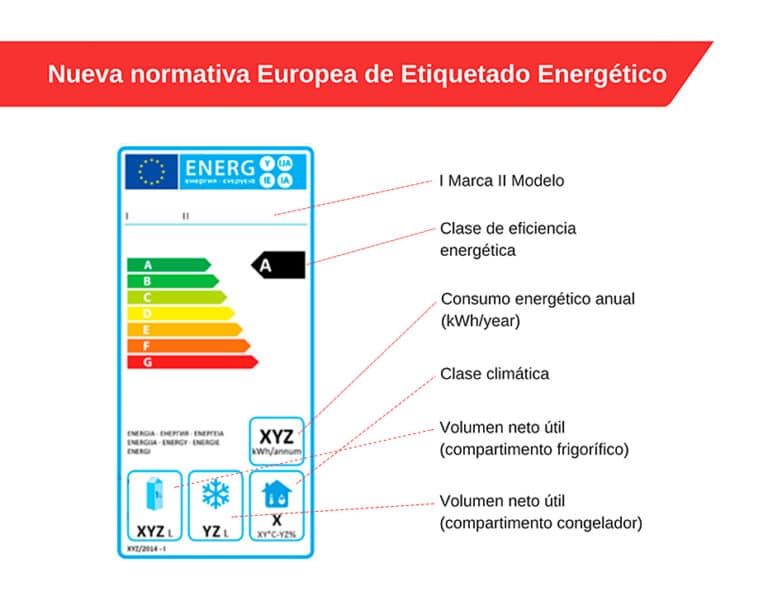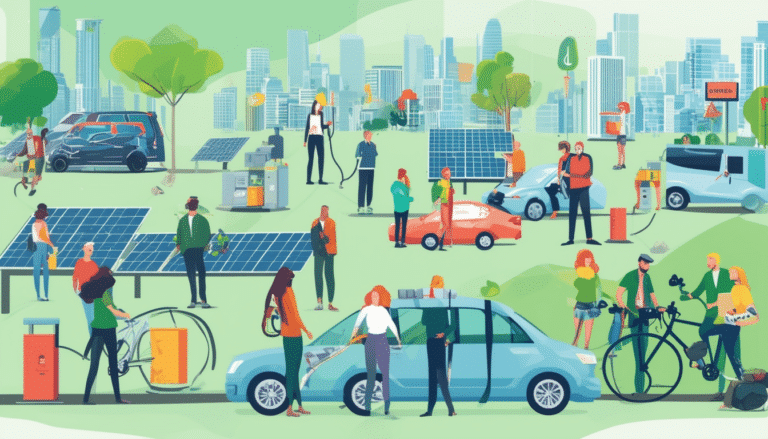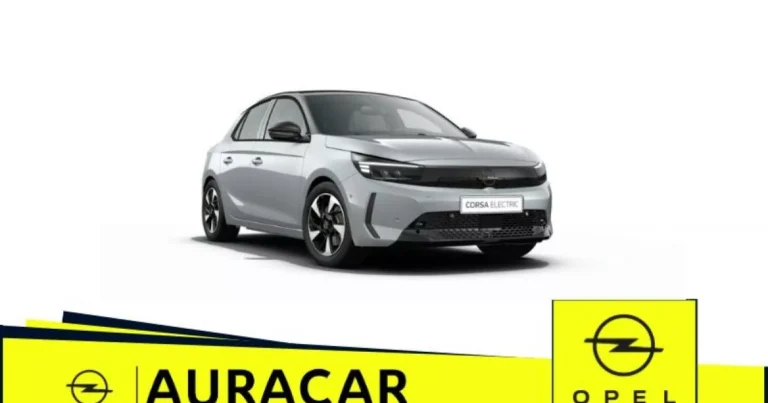Los motores de combustión respiran: el Reino Unido retrasa la prohibición prevista para 2035

The United Kingdom has made the decision to postpone the ban on combustion engines, initially set for 2035. This measure, which aims to transition towards cleaner technologies, has sparked significant debates at both the national and international levels. Despite the pressure to accelerate the shift towards more sustainable transport, the British government has opted for a more gradual approach, generating various viewpoints on the future of the automotive industry and its environmental impact.
With the growing pressure to combat climate change, many countries have set deadlines to eliminate internal combustion engines. However, the United Kingdom has surprised the world by deciding to delay its planned ban for 2035. This decision has generated diverse opinions regarding the economic and environmental implications. Below, we explore the reasons behind this delay and its impact on the automotive industry.
The British Decision: A Change in Course
The United Kingdom, which had been one of the pioneering countries in the fight against carbon emissions, has caused a stir by announcing its decision to postpone the ban on combustion engines. This move has been met with both criticism and support, reflecting the complexity of balancing sustainability with economic growth.
Implications for the Automotive Industry
The decision by the United Kingdom represents a breath of fresh air for brands that are still in the process of transitioning towards cleaner technologies. Companies like Alfa Romeo are considering retaining internal combustion engines in their upcoming models, which could strengthen their market position in the coming years.
Innovation in Combustion Engines
Despite the trend towards electrification, innovation in combustion engines continues its course. An example of this is Toyota, which has developed a 600-horsepower engine for its future hybrid vehicles. This combination of efficiency and power shows that combustion engines still have much to offer.
The Role of Europe in the Debate
While the United Kingdom has opted for a more flexible approach, Italy is fighting in Brussels to defend the combustion engine. Discussions in the European Parliament reflect the tensions between environmental protection and the economy.
Environmental and Technological Impact
The delay of this ban makes many question the United Kingdom’s environmental commitments. However, it should be noted that combustion engine technology is still evolving, seeking solutions such as more efficient and less polluting engines.
What’s Next for Combustion Engines?
Despite the controversy, some combustion engines continue to make history. The legendary V8 engine, known for its performance, has won numerous awards, suggesting that there is still a market and appreciation for these powerful machines.
Final Reflections on the Delay
The deferral by the United Kingdom can be seen as an opportunity for the automotive industry to reevaluate its strategies, improving current technology while working towards a sustainable future. It is essential that, regardless of policies, innovative solutions continue to be a priority.
Implications and Future of the Delay in the Ban
The recent announcement by the United Kingdom to delay the ban on internal combustion engines until 2035 brings with it a series of significant implications for the automotive industry, the environment, and consumers. This postponement gives car manufacturers more time to adapt to new regulations and technologies. Additionally, it offers an opportunity for these manufacturers to refine their strategies regarding electric vehicles and other alternative propulsion systems.
For the environment, the delay raises concerns due to the prolonged use of vehicles that emit carbon dioxide and other pollutants. Although this postponement allows for more robust technological development, it also means that the targets for reduced emissions may not be realized as soon as initially expected, which could have consequences for the United Kingdom’s climate commitments.
From the consumer perspective, the extension may be seen as an advantage. Users will have an additional period to adapt to changes and explore more sustainable options with better technology and potentially more competitive prices. However, it could also create confusion in the market, as many consumers anticipated a faster transition to electric vehicles.
In the long term, the challenge lies in balancing the needs of economic development with environmental responsibility. This act of balance will be crucial in paving the way for a greener future while preserving economic and labor interests. The delay in the deadline also highlights the need for stronger policies that can foster innovation in the technological and automotive sectors without sacrificing environmental commitments.






